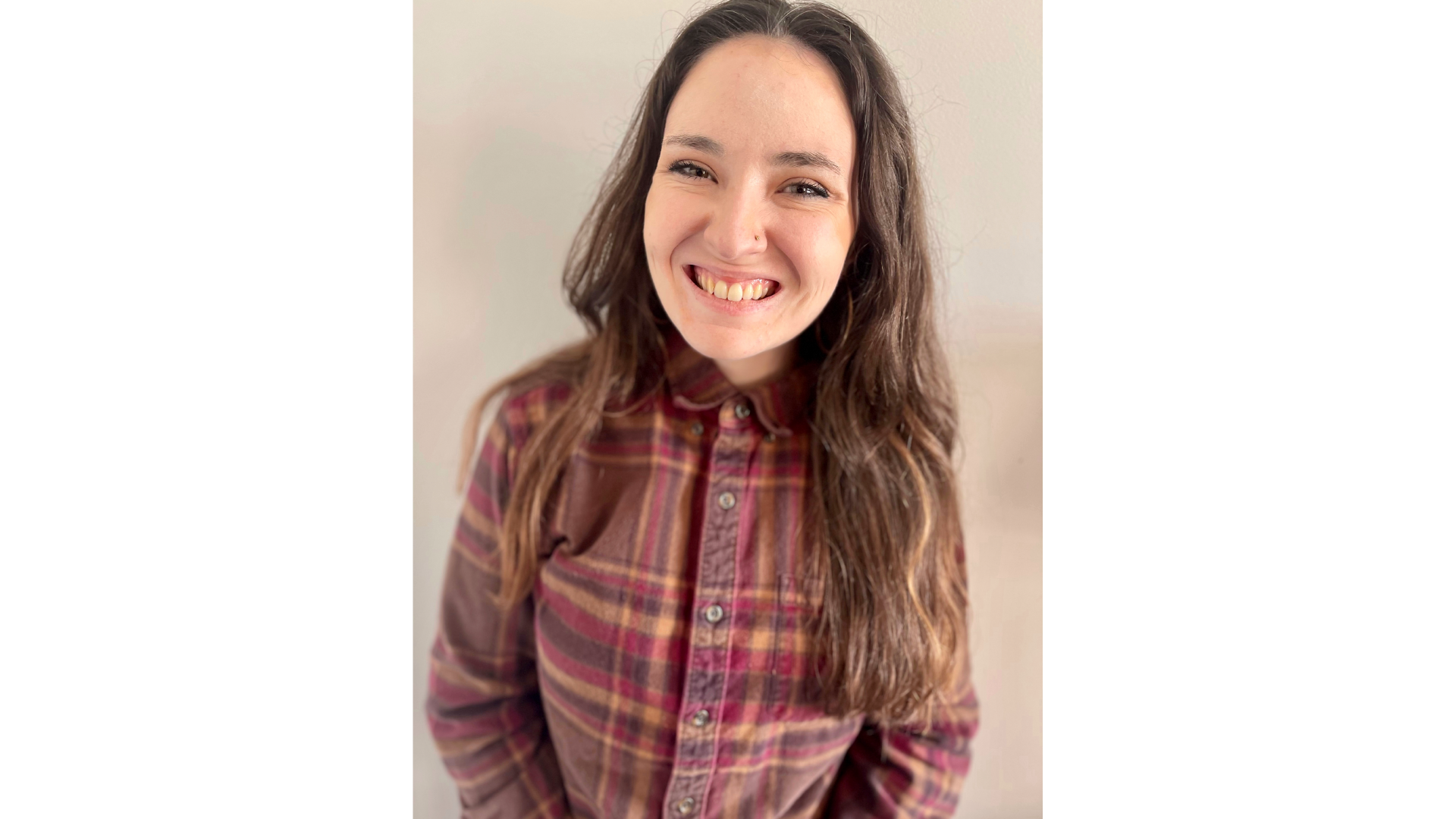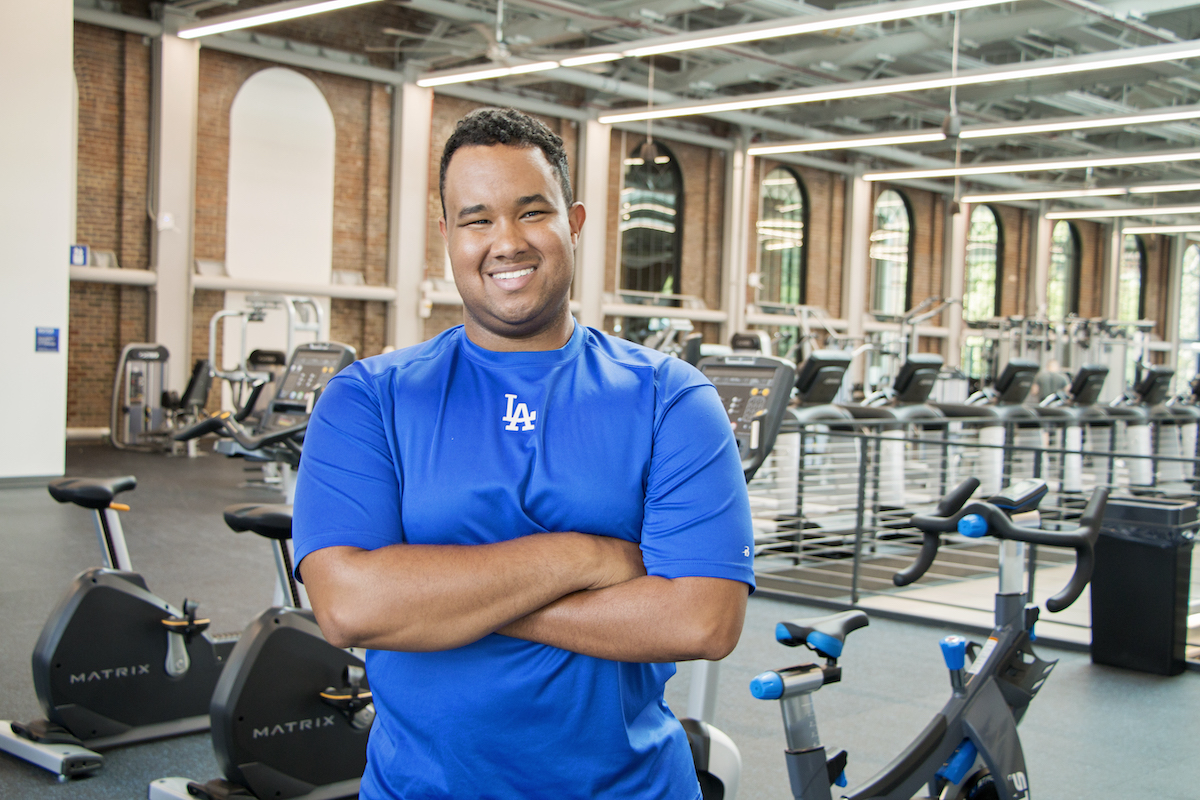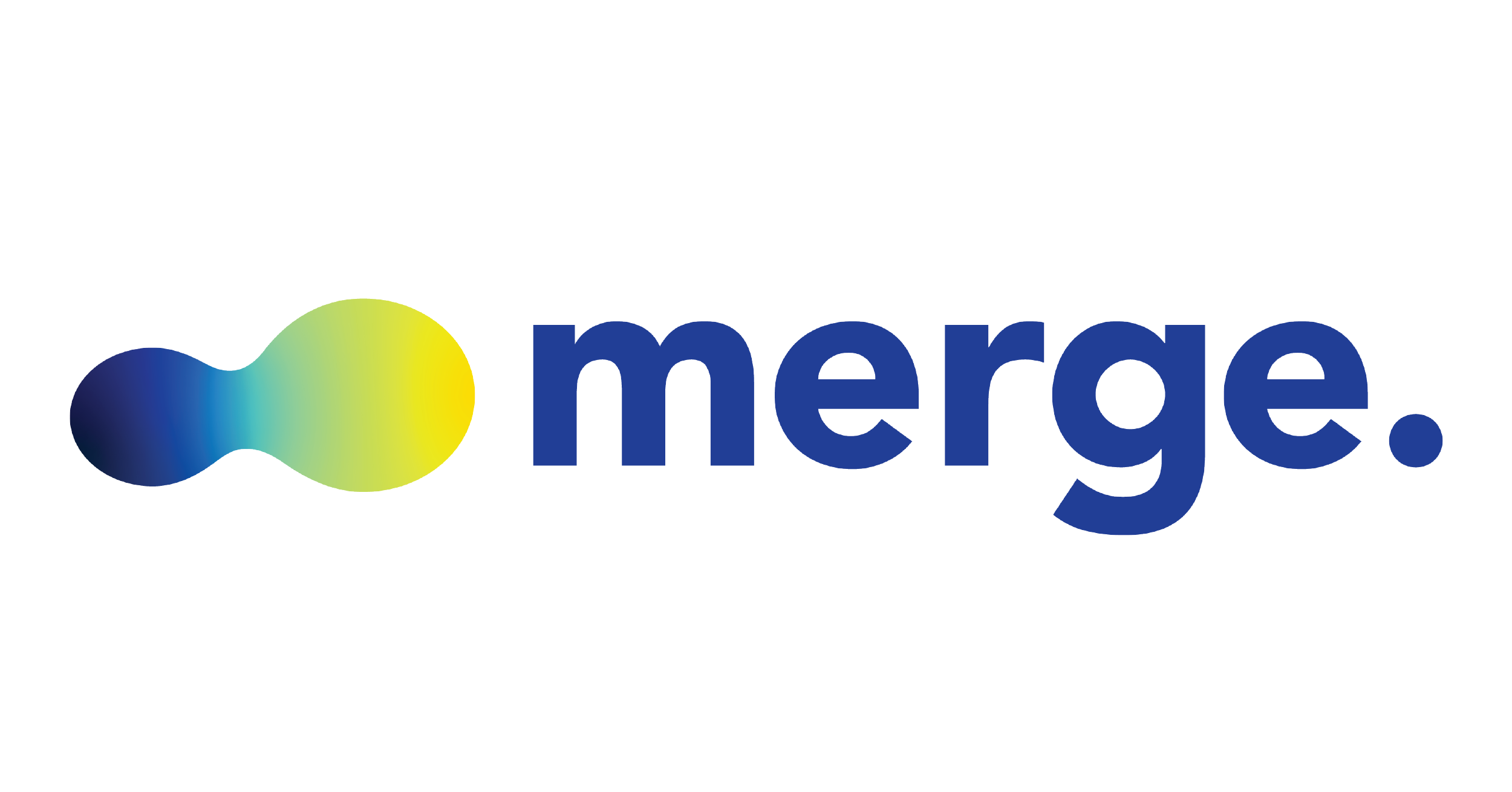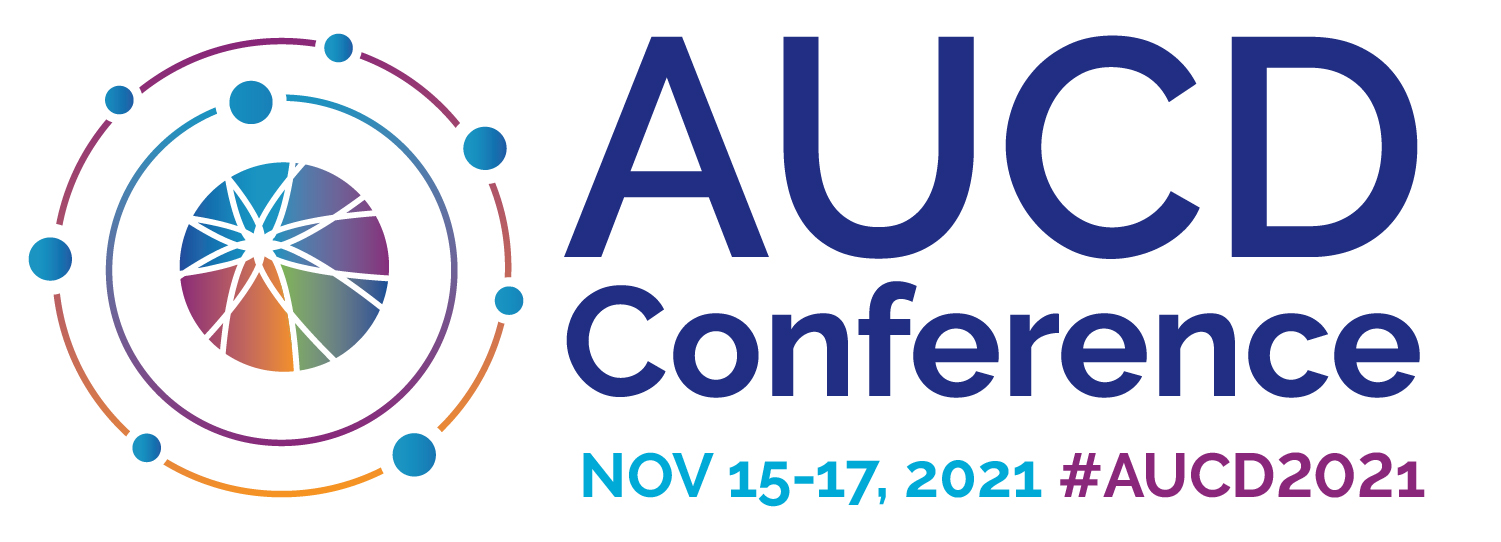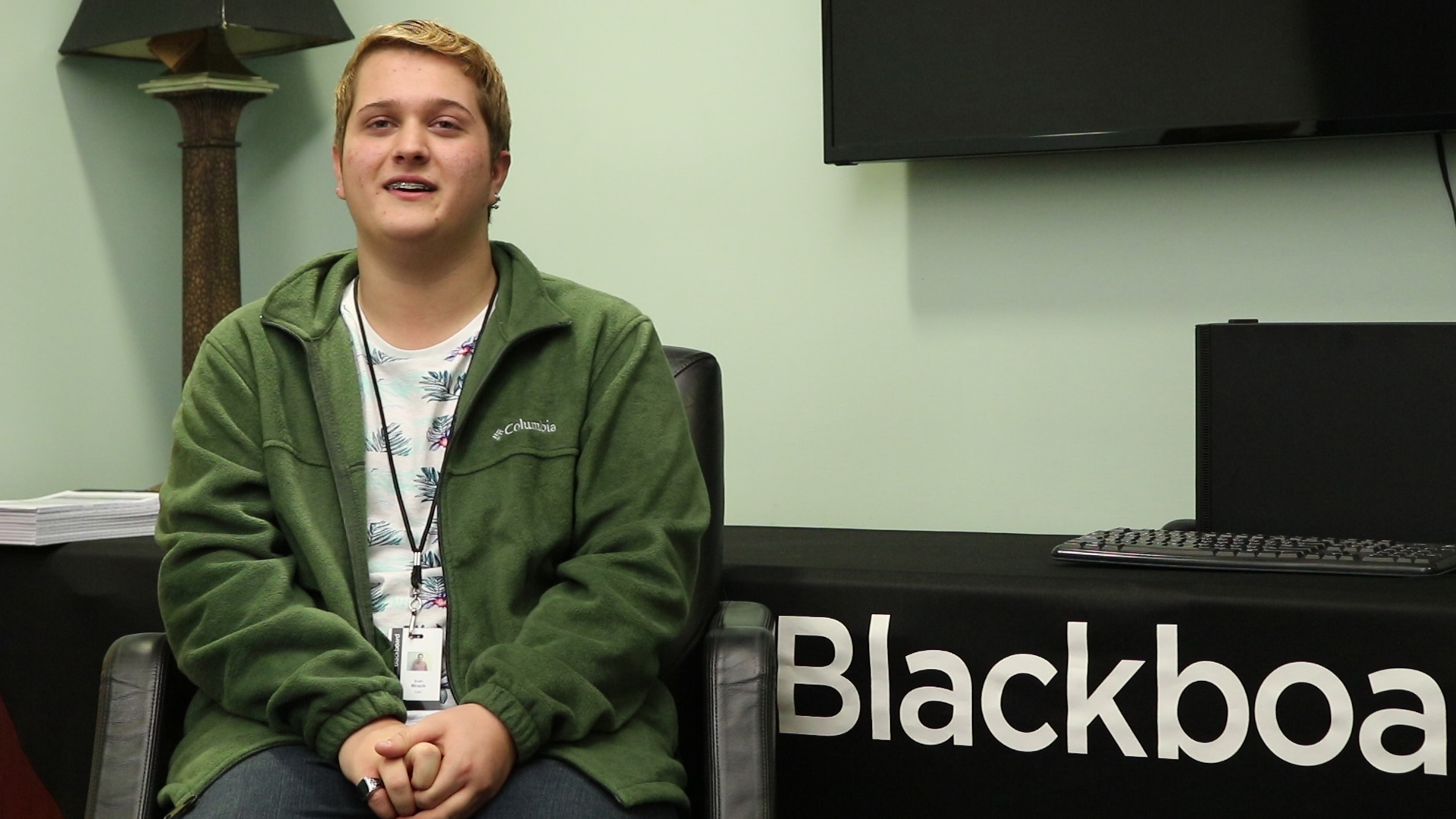Martin is in her fourth year of the Clinical Psychology Doctoral Program at Eastern Kentucky University with a goal of becoming a licensed Psychologist. She has a Master’s in Clinical Psychology and is currently a Temporary Licensed Psychological Associate for the state of Kentucky, providing therapeutic and assessment services. She has extensive history working with individuals with neurodevelopmental disabilities, particularly those with a diagnosis of autism.
She has a passion for conducting neuropsychological assessments with medically complex individuals who have or are suspected of having autism or related neurodevelopmental disorders.
Martin is currently enrolled as a trainee in the University of Kentucky Human Development Institute’s (HDI) Leadership Education in Neurodevelopmental Disabilities (LEND) program. LEND is a five year grant from the Health Resources and Services Administration Maternal and Child Health Bureau in partnership with the University of Louisville and Eastern Kentucky University.
These programs share the overall mission of improving the health of infants, children and adolescents with autism and other neurodevelopmental disabilities. LEND aims to increase the number of professionals with the knowledge and skills to provide evidence-based screening and diagnosis, as well as support to individuals and families.
HDI is currently accepting applications across disciplines for the 2022—2023 academic year. A total of nine trainees will be accepted in the LEND fellowship. The fellowship includes leadership coursework and an array of clinical and community placements each semester. Trainees commit to 15 hours of LEND activities each week.
Applications for the 2022—2023 academic year must be submitted on or before March 4th, 2022. Complete the online application here: www.uky.az1.qualtrics.com/jfe/form/SV_5vAMf2dLWxdaRV4
Finalists will be interviewed before the selection of nine trainees for a nine month fellowship. All applicants will be notified by April 15th, 2022. Trainees must be one of the following:
- Enrolled in a graduate or post-graduate training program in a LEND discipline
- A family member of an individual with an intellectual/developmental disability
- An individual with an intellectual or developmental disability
Visit www.hdi.uky.edu/kylend to learn more and apply online. Contact the Kentucky LEND Project Director caroline.gooden@uky.edu with any questions or to schedule an informational session for your department and interested students!
